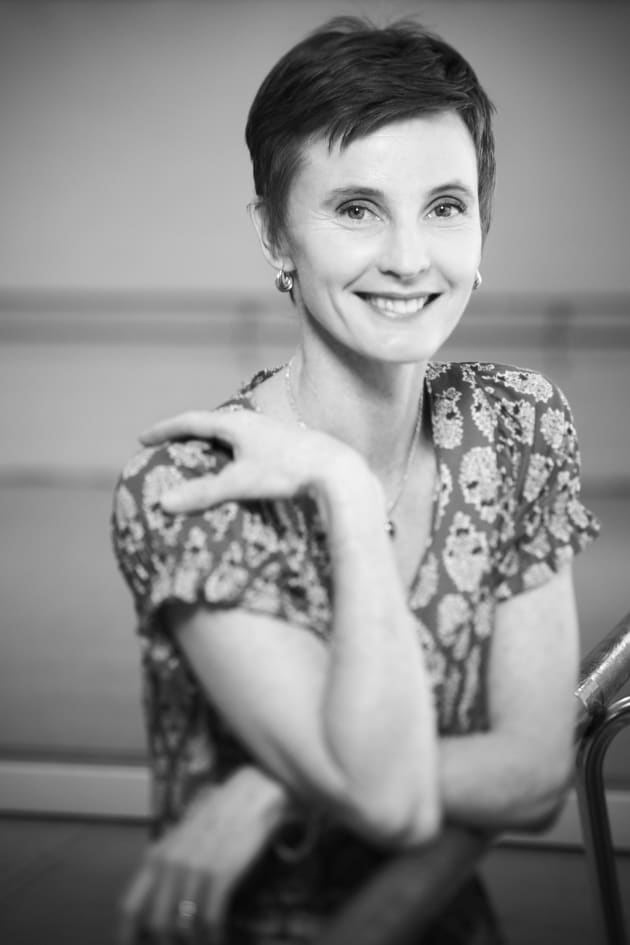At what age should you leave school to dance?
What age should you leave school and begin full-time dance?
Emma Sandall asks Lisa Pavane, director of the Australian Ballet School.

"For me the balance of having a great education and a great training is really important and I think I see that because I didn’t have it myself.
"Personally, I was given special permission to leave school when I was 13 to attend full time at my ballet school, Tessa Maunder. I completed my School Certificate (year 10) through correspondence when I joined the ABS. Luckily, I was successful in progressing through to the profession, but I did go back to education later on, having never written an English essay!
"When to start full-time training is an individual question. The Australian Ballet School added Levels 5 (2001) and 4 (2009) to its full-time program so that it could work with younger students (from 13-14 years old). It is a wonderful opportunity to be able to see young people develop, to nurture them, and to let them come along as naturally as possible. There is no rush. We are very focused on our students having a healthy life balance. So many things should be considered when nurturing young people into becoming adults who are going to survive in the world today – beyond just the dance world.
"Another consideration with the question of full-time training is quality over quantity. We do not believe in exhausting young dancers at an age when they are maturing cognitively, physically, emotionally and socially. Working with younger students means you are likely to see more problems with growth related injuries because they are still growing. At the ABS we promote a culture that students report even the tiniest hint of a niggle. We can then monitor and assess it. It’s not that we want to wrap them in cotton wool, but it is extremely important for their health, bones and bodies long term. Ultimately we all want dancers to have wonderful careers, and healthy bodies after their careers!
"Because we take students from all over the country, internationally as well, we have long wanted a place for them to board. Happily, in 2016, we opened the doors to Marilyn Rowe House in Parkville. We are now able to house 34 students a year. All Level 4 and 5 students are expected to be accommodated there unless accommodated with, and fully supervised by, a parent/legal custodian or a suitable relative as approved by the School.
"The ABS is lucky to have a long association with Victorian College of the Arts Secondary School. When students come to us at the age of 13 or 14, which is usually academic years 8 or 9, they do a half-day at VCASS and a half-day at the ABS. They are mixing with a whole cohort of other people at VCASS such as gymnasts, actors, musicians and visual artists. We try as best we can to align their academic years with our training levels. Students who join our Level 5 program might be in academic years 10, 11 or 12 and they will also do a half-day of school at VCASS.
"By Level 6, however, our students do drop a couple of school subjects because we can’t support enough dance training at that level with a full education. They are 16 or 17 years of age at this point and we are hoping they have the potential to progress through their training years with the result of being ready to enter the profession at the end of Level 8.
"It’s exciting today to see the number of dancers in The Australian Ballet who have graduated from our school going on to do online university degrees. We seem to have developed a more enlightened perspective on education and what it means for their future and ours."
This is an extract from a feature article by Emma Sandall in the current (June/July) issue of 'Dance Australia'. Don’t miss out! Look out for the new issue at your favourite magazine retailer or subscribe here, or purchase an online copy via the 'Dance Australia' here.
If you subscribe NOW you will receive MIsty Copeland's DVD and go in the draw to win her autographed pointe shoes. See our offer here.


